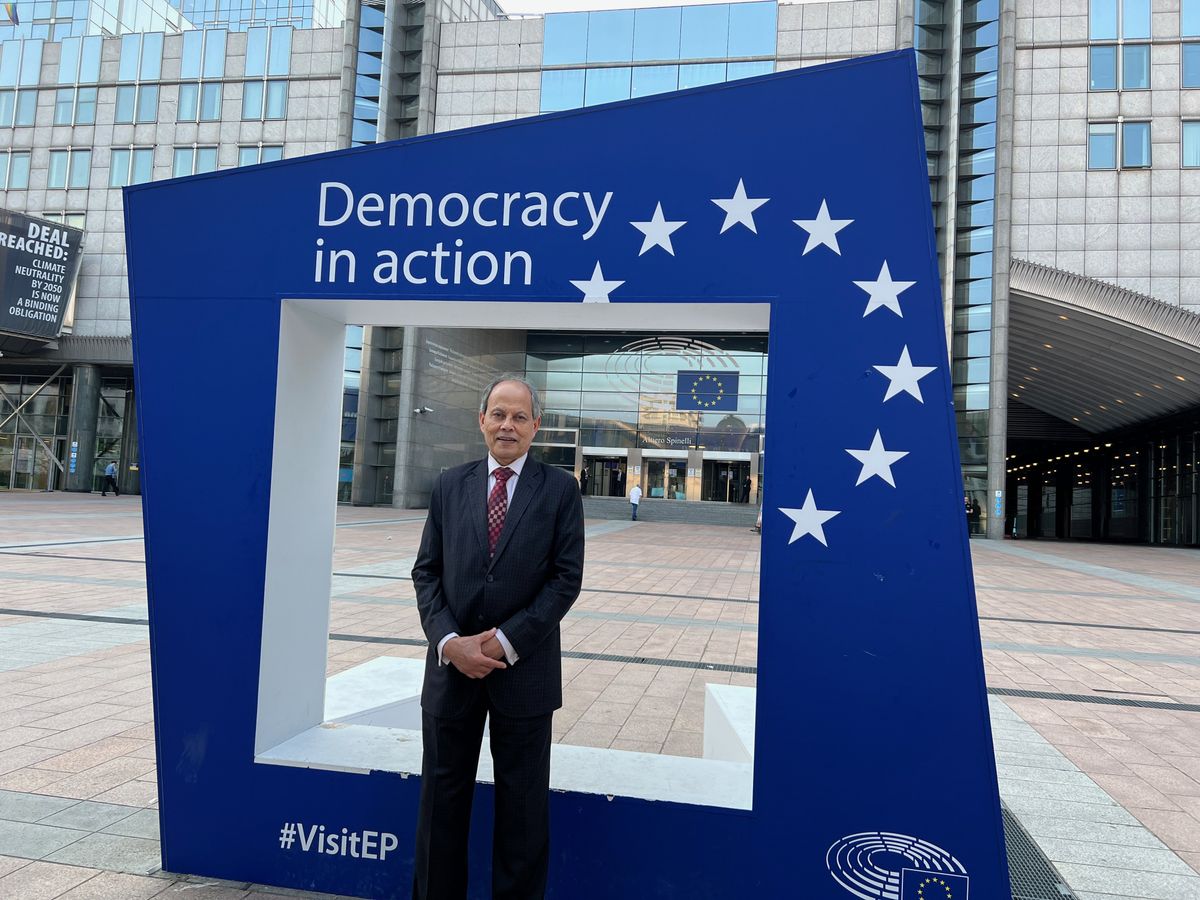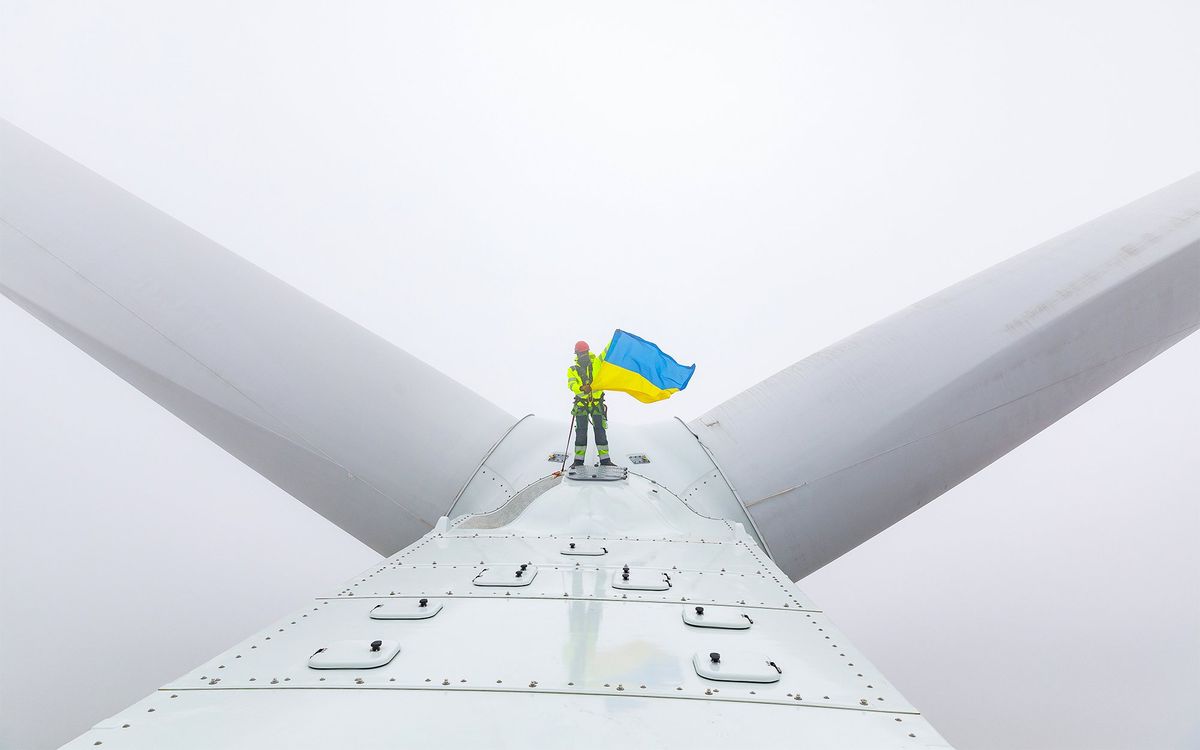As I shared in the March column, my goal as IEEE president is to work with all members—particularly students, young professionals, and affinity group members—to make IEEE a more successful and resilient global technical organization. I also want the organization to be globally recognized as a force for change. To reach these goals, I have been defining objectives that engage our members.
This year, I chartered four ad hoc committees: climate change, innovative funding models, president-elect campaign pilot program, and multimedia-based digital reality technologies. These member-led committees are helping IEEE focus on items of concern and create well-coordinated road maps to help develop programs and positions to carry out its mission of public service.
To make IEEE more relevant to young professionals and women technologists, I have strived to help increase participation and engagement within their affinity groups. In fact, I am a member of IEEE Women in Engineering because I believe it is an organization for women, not of women. I have had the opportunity to attend and speak at both WIE and IEEE Young Professionals meetings, and I encourage constant contact with the group’s leadership. These engagements at the grassroots level provide better insights into understanding the community’s needs and what resources could help advance members’ professional lives.
I would like to see IEEE engage more broadly with international organizations to provide technologists additional opportunities to contribute for the benefit of humanity. For example, IEEE is now engaged closely with the U.N. Framework Convention on Climate Change, which is tasked with supporting the global response to the threat of climate change. I spoke at the UNFCCC Conference of Parties (COP27) last year and will be speaking at COP28 in the United Arab Emirates in December. Such engagements highlight how IEEE’s global community of engineers and technologists is using its expertise to help develop solutions to address critical climate change issues.
In July, I spoke at two prominent sustainability and green transition–related events in Europe: the EU Green Week and the European Sustainable Energy Week (EUSEW). The events, both held in Brussels, focused on renewable energy, sustainable development, and green skills, the knowledge, abilities, and attitudes needed to live in, develop, and support a sustainable and resource-efficient society.
EU Green Week, which is organized by the European Commission’s Directorate-General for Environment, promotes environmental policies on biodiversity, the circular economy, and eliminating pollution.
EUSEW is the largest annual event dedicated to renewables and efficient energy use in Europe. It is organized by the European Climate, Infrastructure, and Environment Executive Agency (CINEA) and the Directorate-General for Energy.
I also participated in discussions at the European Parliament and the European Commission on the skill-sets engineers and technologists need to work in the renewable energy sector and shared examples and use cases from around the world to highlight ways to address the need for new skills.
Those events were excellent opportunities to speak with policymakers, leading environmentalists, and stakeholders from Europe and beyond, and to learn about actions being taken to protect and restore our environment for present and future generations.
I had the opportunity to engage with members of the IEEE European Public Policy Committee’s Working Group on Energy in discussions around the continent’s developments and priorities in the field of green transition and energy. I also held fruitful discussions on the importance of climate-related data and the challenges around accessing, using, and comparing data with representatives from the European Commission’s Directorate-Generals of Energy, Climate Action, and Communications Networks, Content, and Technology. We explored ways IEEE can collaborate with these groups based on the strength of our worldwide network and technical expertise.
To support my goal of developing closer and more purposeful relationships with industry leaders, I met with representatives from Huawei, Schneider Electric, and VMWare. I also met with UNIDO, the U.N. Industrial Development Organization that assists countries in economic and industrial development, and ICLEI, a global network of more than 2,500 local and regional governments committed to sustainable urban development. Key topics of discussion were the technical and professional skills needed in the green digital transition and the importance of building a skilled workforce required to power this transition.
IEEE certainly has a role to play in addressing the growing demand for expertise in sustainable development, as well as training engineers and technical professionals to meet this need. The green transition is a cross-cutting policy issue that requires the inclusion of those who might be excluded from green-growth sectors and green jobs, such as young professionals, women, and members of underrepresented communities.
Developing a strong strategy that aims to create a sustainable digital economy can create new job opportunities and promote economic growth while also reducing the environmental impact.
Please share your thoughts with me: president@ieee.org.
—SAIFUR RAHMAN
IEEE president and CEO
- IEEE Discusses 6 Simple Solutions to Climate Change at COP27 ›
- IEEE President’s Note: Making IEEE a Force for Change ›
- IEEE President’s Note: Connecting the Unconnected ›
- IEEE President’s Note: Young Technologists Grow Their Careers With IEEE - IEEE Spectrum ›
- IEEE President’s Note: Let’s Get Practical - IEEE Spectrum ›



